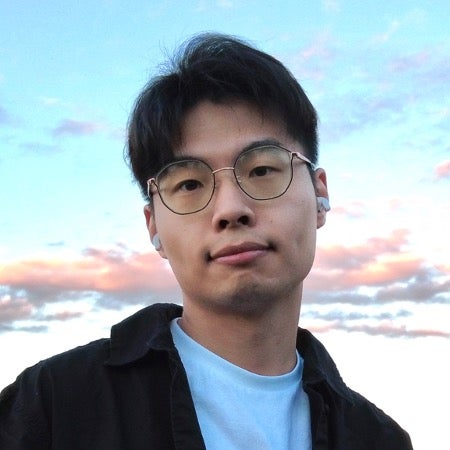Mark Weiser, a pioneer of the Internet of Things (IoT), envisioned a world where ambient intelligence imperceptibly weaves into our daily environment. However, for decades, this vision has been hindered by the high costs of smart hardware, limited sensor capabilities, and significant privacy concerns. In this talk, I will introduce my research in developing cost-effective, intelligent, and human-centric sensing technologies, which exploit the latent capabilities of existing "sensors" in ubiquitous IoT devices, such as ultrasound, radio frequency, biopotential signals, and motion sensors.
I will first introduce my approaches to repurpose existing embedded IoT sensors for ambient intelligent applications, exemplified by transforming microphones and speakers into ultrasonic sensors for use in HCI, mobile health, environmental sensing, and mobile robotics, with notable deployments in popular IoT devices like Amazon Echo and Google Nest. I will then discuss the opportunities and challenges in integrating these sensors with traditional audio, visual, and textual modalities. Furthermore, I will share my findings on the privacy risks from the "invisible" IoT sensors along with potential countermeasures. Finally, I will conclude by outlining future research directions, spanning new applications in mobile healthcare, mobile robotics, and environmental sensing; new sensing models that expand data horizons and semantic boundaries; and the systems innovations that fulfill the vision of ambient intelligence.

Ke Sun is a Ph.D. candidate in the Department of Computer Science and Engineering at the University of California San Diego. His research interests broadly span IoT, mobile, and ubiquitous computing, specifically in developing intelligent, cost-effective, deployable, human-centric sensing technologies. His research, published in top-tier venues like MobiCom, MobiSys, SenSys, IMWUT (UbiComp), and NDSS, encompasses solutions for HCI, mobile health, environmental sensing, robotics, and security and privacy in the mobile and IoT spheres. Notably, his recent work repurposed loudspeakers and microphones for ultrasound sensing in ubiquitous computing, leading to impactful deployments in popular IoT devices like Amazon Echo and Google Nest. His research has been recognized by many prestigious awards, including the ACM IMWUT (UbiComp) Distinguished Paper Award 2023, the ACM SenSys Best Poster Runner-up 2020, the NIA National A2 Pilot Awards, and the Google Ph.D. Fellowship in Mobile Computing in 2023.

